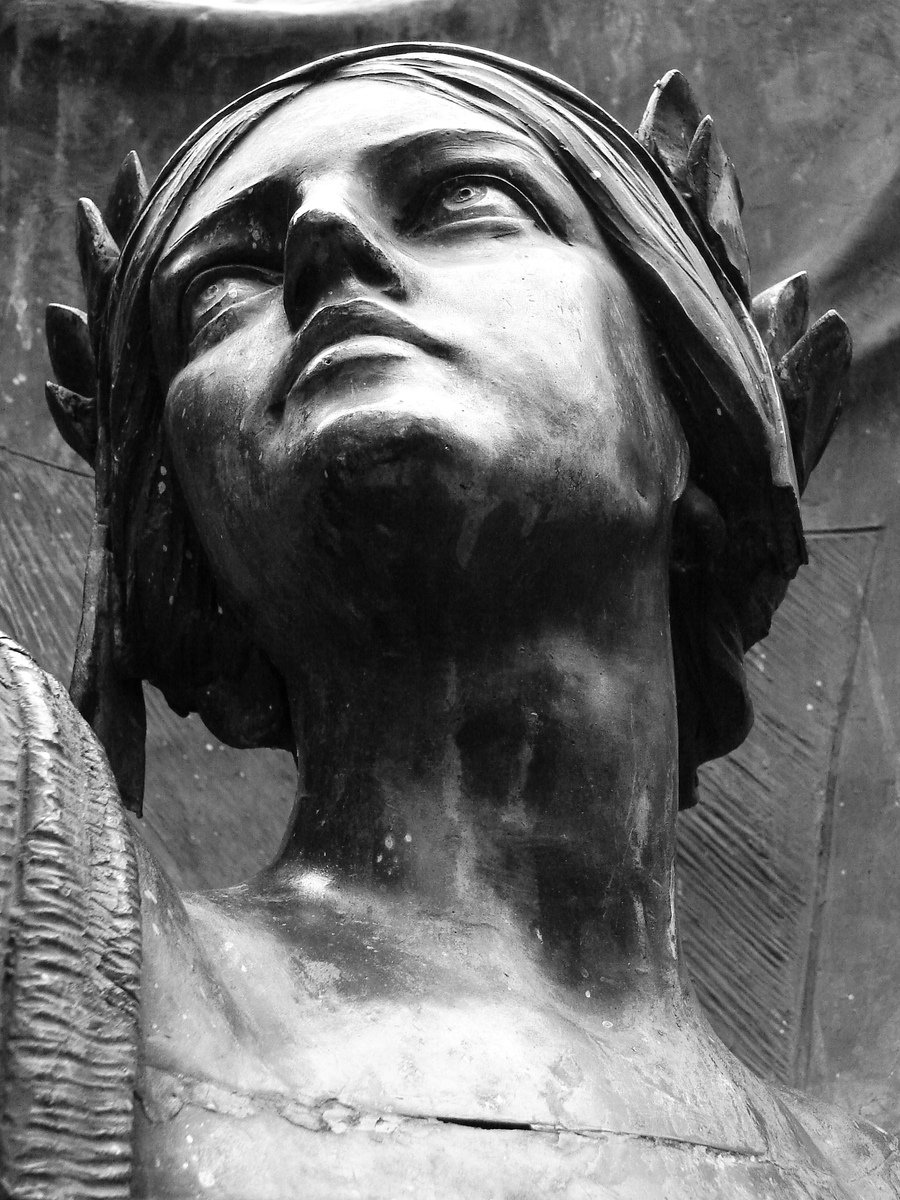
Summary: Commentary about the perversion of patent systems and the worrying situation at the EPO, where patent justice is being replaced by sloppy examination (in hope of shifting all judgment to a UPC-type system which is not Constitutional)
THE questions of ethics in the patent system, often explored by this blogger in Patently-O (not Crouch), are definitely worth entertaining. The patent microcosm does not like to bring these up as that damages its reputation. The latest example:
You get sued and you’re thinking you’ll ultimately win big. Exceptional case. Fees shifted. And you do, and you get an award of $3 million in your favor. But, the patentee is basically a shell and so after a year of trying, you decide to go after its owners, allegedly its alter ego.
Patent shells are a subject we explore quite a lot. Quite a few large companies now operate through patent shells, sometimes patent trolls. When will this problem be tackled? Too many loopholes. We have been writing about this for over a decade.
People are led to believe that the patent system is as simple as an antiquated mythology: a classic inventor coming up with an idea, pursuing a patent, receiving protection from giants etc. The reality is quite different, however, as the lion's share of patents (overwhelming majority in fact) gets granted to giants which then use these patents against rivals (or to cross-license with other giants). As for that "classic inventor"? That's long gone. Nowadays those are mostly patent trolls; they either apply for some trivial patent (on a trivial idea) or buy a patent from a failing inventor/dying company, often
in bulk. The sole purpose is thereafter extortion, not production.
Justice in today's system is elusive. It seems like those with deeper pockets will almost always win at the end. They can just endlessly appeal a decision... until their opponent runs out of money. The system has evolved along those lines (facilitating endless disputes which typically benefit the rich, irrespective of guilt/innocence).
The
EPO goes along similar trajectories, with overstressed examiners doing all the job and technical judges (with examination experience) being pushed to the brink. Is there even much left for examiners to enjoy in life? They
recently lost 3 more holidays (not for the first time) and even though the EPO's official account said that the Office would close until next year, it has just published some tweets; yes, on Christmas Day [
1,
2]. These aren't scheduled posts but actual staff that's working on Christmas Day!
Meanwhile, over at
IP Kat, various comments have surfaced which speak about the appeal boards (EPO judges). It's self-explanatory:
a published decision of the Enlarged Board!
I haven't come across any in the Official Journal in the last couple of years ... :-)
But instead the Enlarged Board declined to hear the case at all.
And how exactly were they supposed to "hear the case" when the President stated that he was not prepared to countenance the hearing of witnesses from the IU ... ???
But instead the Enlarged Board declined to hear the case at all.
And under threat of disciplinary proceedings if doing a fact finding and deciding on facts...
After specific asking the AC, the chair of the AC did not give a guarantee to the independence of th EBA members for this case...
And they had a case right before them indicating that the AC has no interest in protecting the BA members from disciplinary measure by the president.
...I was using "published" in the sense of made available to the public - not officially published by the EPO (unless you count a brief mention in the White Book).
I'm not sure if the EPC says what happens if the President disobeys an order (eg to publish a decision) from the Enlarged Board. I doubt that the founding fathers of the EPC ever contemplated that this might happen.
Well, any founding fathers (of the EPC) who are still alive would probably say nothing. The EPO is now facing an existential threat. One reader told us this morning that the "EPO is problem that is really dragging on and on without corrective actions from the EU. I'm not sure but it may look like the whole EPO has become unsalvageable and ought to be dismantled. It is rather redundant with the national offices anyway. Is there really and value added by even having an EPO?"
I don't share that sentiment, but this remark shows the sort of damage caused by Battistelli. People increasingly question the very
existence of the EPO, which Europeans used to take pride in. There's a legitimacy and public consent crisis.
⬆

